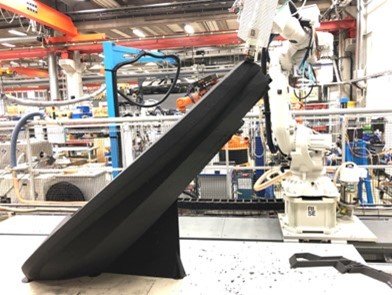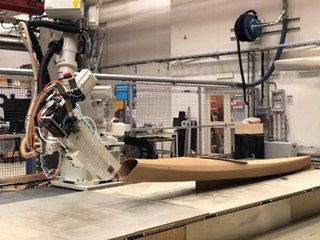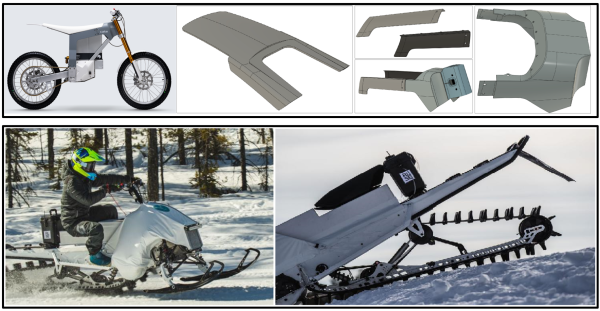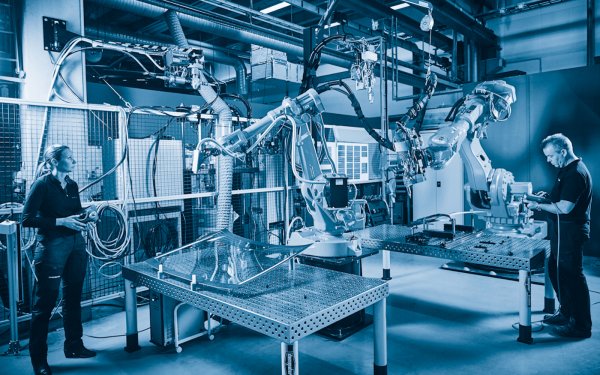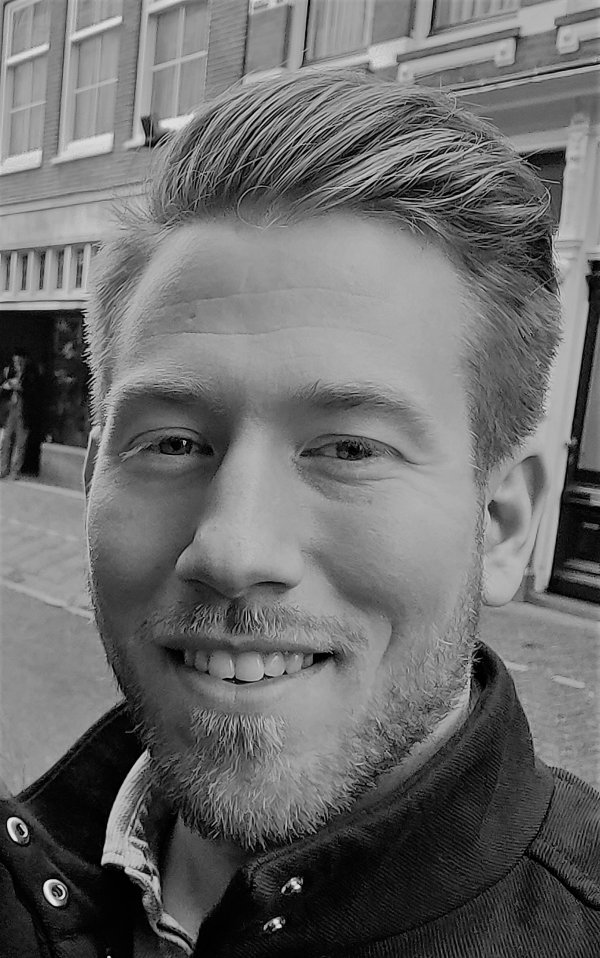1. Projektets idé
Despite their several benefits, the low hardness and vulnerability to mechanical and corrosive wear enforces restrictions on the utility of light alloys. Enhancing the surfaces of the light alloys through surface engineering and advanced coatings could result in radical improvements in their functionality while reducing the overall cost, thereby leading the way to their widespread implementation. Coatings produced by thermal spray (TS) have some distinct advantages over other methods as they can be deposited over a wide thickness range (from tens to hundreds of microns), can be more easily deposited onto components with complex geometries without the typical constraints of in-chamber processes, and at comparatively much lower costs.
Even though excellent wear and corrosion resistance TS coatings are available in the market, their application on light alloys has not yet been well explored and comprehensively evaluated. Fundamental understanding of coating microstructure-property-performance relationships is essential to develop the TS coatings for applications on light alloys.
The soon ending SprayLight one-year feasibility project (number: 2020-04297) granted by Vinnova in 2020 as part of the same call has demonstrated great potential of TS for light alloys and strengthened understanding of the comparative performance and cost comparisons between different TS processes, paving a suitable path for the current project targeting new applications.
In this project, different wear and corrosion resistant coatings produced by different TS processes will be explored. The effect of substrate properties and surface preparation on particle impact and coating build-up will be investigated in detail as it is necessary to understand to achieve complete control over coating microstructure.
2. Projektets mål och resultat
The aim of this project is to develop advanced coatings by TS for enhanced functionality of light alloys. The following goals have been outlined to achieve this aim:
- Explore process-microstructure-performance relationships of wear and corrosion resistant TS coatings deposited on light alloys
- Identify optimum coating process-coating material combinations for accomplishing the desired functions for each application
- Establish feasibility through qualification of coatings in conditions encountered in actual applications
- Benchmark components coated by TS against uncoated components and those coated by alternative methods (as relevant for the application) in terms of cost-performance-environmental impact
The results from this project will directly benefit diverse industrial sectors such as automotive, marine and materials industry. The industrial partners in this project will be closely engaged in the project and thus obtain direct benefit from the results. Given the availability of a complete value chain within the partner network and that the products to be investigated by the end-users are already commercially available today, utilisation of the research outcomes is expected within five years after the end of the project.
The project will also contribute to the TS scientific community through innovation and progress in materials science, surface engineering and coatings. Since TS processes are not dependent on the substrate chemistry unlike other chemical coating processes used today, it is anticipated the knowledge developed in this project on aluminium alloys can be implemented on other light alloys.
The know-how and results generated from this project will be fruitful for further application of TS on light alloys for a variety of industrial applications expanding into a new research area for application of TS coatings. Ideas about continuation after project ends will be discussed during the project meetings in second half of the project and the financing will be applied to funding agencies like Vinnova and The Knowledge Foundation.
3. Projektets bidrag till programmålen
The results will demonstrate that TS can be used effectively not only to enhance performance and lifetime of light alloys, but can also lead to lower environmental impact, production costs and raw material and energy usage. The project will lay the foundation for imparting the needed tailoring of surface performance of light alloys to promote their induction in a wider spectrum of applications. Increased usage of light alloys will lead to enhanced energy efficiency and sustainable manufacturing of the component thus strengthening Swedish competitiveness and growth.
Involvement of major Swedish companies and a Swedish SME active across a range of industries will ensure that results are spread across various levels. Implementation of the results will support the Swedish economy as well as increase number of jobs in lightweight technologies.
Availability of facilities for commercialisation of coatings employing the TS techniques at the Swedish SME part of this project will make sure that the transition from lab to production happens in a smooth manner. The products of interest at the end-users are commercially available and are to be developed further in this project. Lower costs and higher performance of the developed products in this project will ensure that the technology is industrialised within five years after the end of the project.
The SprayLight project has shown that industrial implementation in near future is indeed possible as the coating solutions developed in the project are now already added to the product portfolio of one of the SMEs participating in the project while the other SME in the project will be the supplier of the TS coatings on their products.
4. Projektets aktörskonstellation
The partner constellation in this project consists of the only Swedish university with TS-related expertise and infrastructure – University West, Swedish subsidiary of a world-leading TS feedstock provider – Oerlikon Metco, a Swedish SME providing TS services – Thermal Spraying & Engineering, and two large Swedish companies as end users: one a worldwide supplier of automotive parts – Automotive Components Floby, and other a leading developer of marine propulsion systems – Volvo Penta. The constellation is therefore an ideal platform for nurturing knowledge development while fulfilling the requirements of this call of engaging SMEs as well as actors from different industrial sectors for commercialisation. The parties complement each other very well because they represent different parts of the product chain.
The names and email addresses of the contact persons from each partner are given below:
University West: Mohit Gupta (mohit.gupta@hv.se), Shrikant Joshi (shrikant.joshi@hv.se)
Automotive Components Floby: Samuel Awe (samuel.awe@acfloby.com)
Volvo Penta: Viktor Räftegård (viktor.raftegard@volvo.com)
Thermal Spraying & Engineering - TSE: Olav Norheim (olav.norheim@tse.se)
Oerlikon Metco: Rikard Zaar (rikard.zaar@oerlikon.com)


